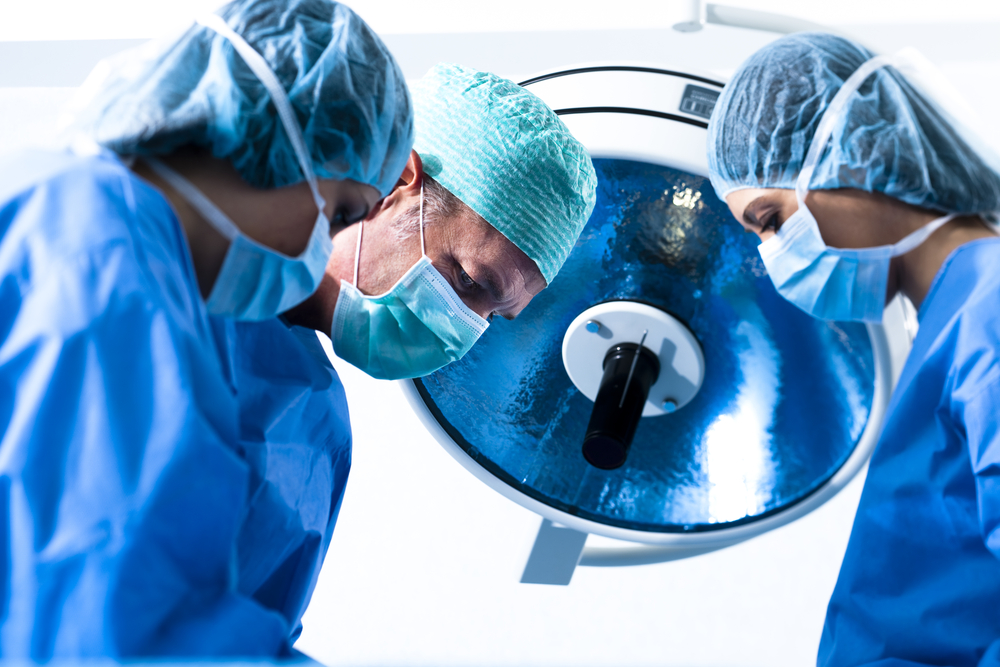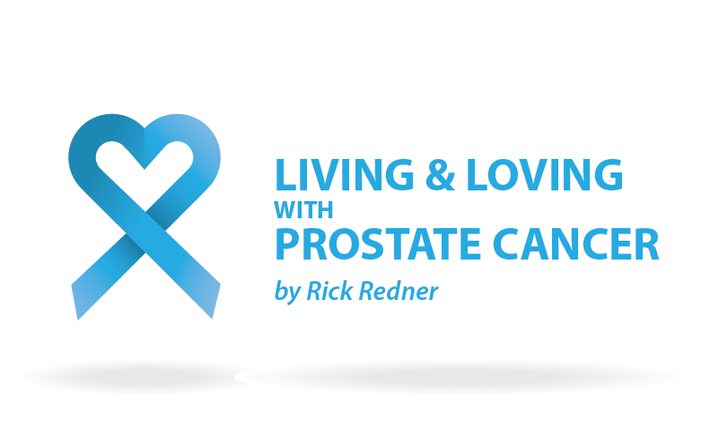As someone who has been under the knife more than a dozen times, I’ve noticed a vitally important issue that’s rarely discussed with a patient before or after surgery. I received a vivid reminder of the importance of this issue after my gallbladder was removed.
Two days after surgery, I decided to test what would happen if I violated a dietary restriction, so I ate a cheeseburger.
The results of this test were much worse than I expected. Within an hour, I was going to the bathroom every 15 minutes producing a watery yellow stool.
This went on straight through the night and continued throughout the next day. My wife, who is a nurse, noticed I was experiencing symptoms of dehydration. She put me on a diet of Pedialyte and told me to drink lots of fluids. She warned me I’d be heading straight to an Emergency Room for an IV if I didn’t take the problem of my emerging dehydration seriously.
I’m not proud that I don’t follow post-surgical instructions, restrictions and limitations very well. My wife has dealt with the consequences of my “experiments” for 36 years now, and it’s earned me the reputation of being the worst patient she has cared for in her entire nursing career.
If you’ve chosen surgery to treat your prostate cancer, you’ll receive a list of pre- and post-surgery instructions. Within these instructions are things you’re required to do and a list of things to stop doing.
I’ll never forget the morning of my prostate surgery. A nurse came in to start my IV. I asked her if it was a busy surgical day. She said they had to cancel the prostate surgery of the man in the next room because he got hungry, so he ate breakfast right before his surgery.
I could sympathize with the guy, because I’m familiar with the sense of hunger that occurs when you skip solid food for a day. But that’s a necessary restriction if you are having your prostate removed.
Eating solid food before prostate surgery is a potentially life-threatening violation of a pre-surgery restriction of no solid food 24 hours before surgery. It’s required that your bowels be empty before it’s safe to have prostate surgery. Even though I may cross some limitations and restrictions, I wouldn’t think of violating a life threatening restriction.
There’s another story I’ll never forget. It came from a man who had his prostate removed. His willful non-compliance cost him a great deal.
After prostate surgery, you are specifically told to avoid any heavy lifting. Your surgeon will most likely give you a specific weight you can and can’t lift.
This man decided to shovel the snow off of his driveway, shortly after his prostate surgery. As a man who has difficulty complying with post surgical restrictions and limitations, I understand that he didn’t want to live with this temporary restriction regarding the amount of weight he could lift. He didn’t want his cancer or his surgery to limit the things he could and couldn’t do.
So he decided to behave as if he hadn’t had surgery. Perhaps he felt immune to the consequences of lifting heavy shovels full of snow.
I’m going to describe what happened next in laymen’s terms rather than medical terms. When you have your prostate removed, your internal plumbing is disconnected then reattached. This new connection is fragile. His heavy lifting disconnected his reattachment. The disconnect could not be repaired. He’s now living the rest of his life, possibly decades, with a catheter.
As an adult, this is the most frightening story regarding non-compliance that I’ve heard in my lifetime. The idea of spending decades living with a catheter scared me right into 100 percent compliance with my pre- and post-surgical restrictions for prostate surgery.
There’s a host of reasons why men refuse to comply with pre- and post-surgical limitations and restrictions. If you are choosing surgery as your treatment of choice, be prepared to follow ALL, rather than some, of the restrictions and limitations you’ll receive.
If you’re having trouble with this issue, don’t hide your non-compliance. Get help so you can comply. The stakes are too high. To maximize the odds of a successful surgery and recovery, let’s change the definition of manhood.
The new definition of manhood isn’t about doing what you want, whenever you want, despite the difficulties and roadblocks. The definition of manhood that can help you with compliance comes from the song “The Gambler”:
You’ve got to know when to hold ’em
Know when to fold ’em
Know when to walk away
And know when to run
Sometimes it’s necessary to fold ’em. You lay down, or walk away from those behaviors you believe make you the invincible man. There’s no shame or threat to your manhood when you comply with your post treatment limitations.
I was saved from making a terrible mistake by a man who told me the consequences of his non-compliance. I’m paying that forward to you.
I’ve observed that my compliance is problematic until I’m willing to respond to the fear of the negative consequences of non-compliance and/or I’m willing to rework my definition of manhood.
Before you have surgery, or begin any treatment that involves unwanted restrictions, it’s worth considering what hinders and what helps you comply with unwanted or inconvenient post treatment limitations.
***
Note: Prostate Cancer News Today is strictly a news and information website about the disease. It does not provide medical advice, diagnosis, or treatment. This content is not intended to be a substitute for professional medical advice, diagnosis, or treatment. Always seek the advice of your physician or other qualified health provider with any questions you may have regarding a medical condition. Never disregard professional medical advice or delay in seeking it because of something you have read on this website. The opinions expressed in this column are not those of Prostate Cancer News Today, or its parent company, BioNews Services, and are intended to spark discussion about issues pertaining to prostate cancer.



A friend of mine was recently diagnosed with prostate cancer, and is needing to go in for surgery to help take care of it. I am wanting to help him out after he comes out, but need to know what there needs to be known for post surgery. It’s good to know that there is no heavy lifting, which will be something that he will struggle with, but I will be on him about following. I want my friend to be around for a long time, and I want to make sure that he is able to get through this.